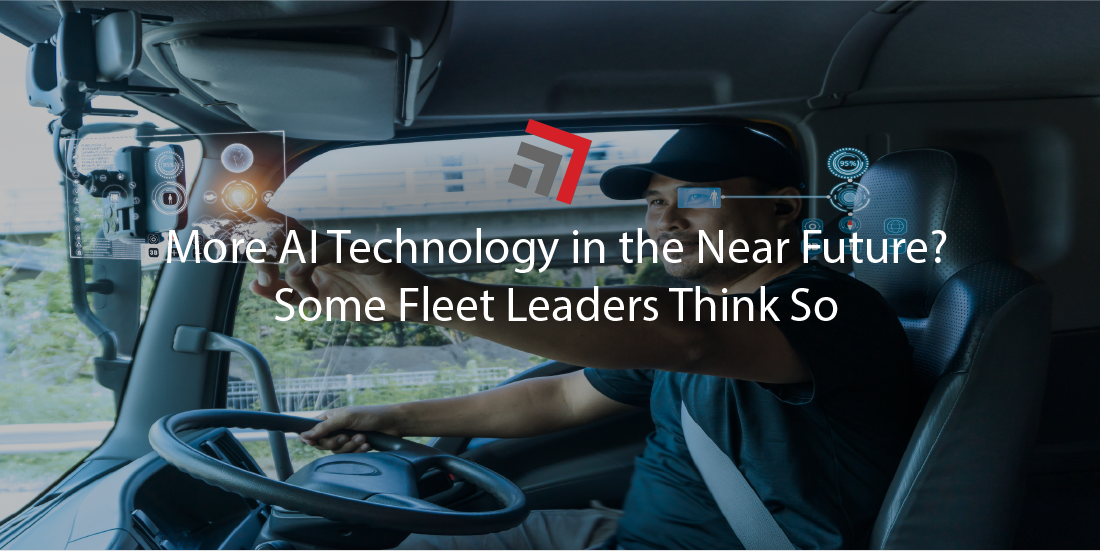Nine in 10 operations leaders have or are planning to implement more artificial intelligence (AI) and automation technologies in the next year, for a multitude of reasons – a multinational survey of operations leaders released by Samsara, a company whose mission is to increase safety, efficiency and sustainability of the operations that power our economy, per their website, shows.
In the survey, it shows that more fleets are interested in AI and the benefits it has to help guide their decision making, safety and satisfaction for their drivers and vehicles, as well as what the future of AI has in store.
Getting Started with AI
What are AI models you may ask? They are models that are used for decision making, while simultaneously making highly accurate predictions. Essentially, they can take multiple input variables into account to calculate very specific output, very quickly, Trucking Info states.
Getting started with AI is not as simple as one may think. Many fleets do not have the resources to be able to search for and hire data scientists to build their AI models. However, according to Trucking Info, some vendors are starting to incorporate AI features into their platforms. Which essentially is a data scientist in a box.
Automating and Augmenting Decision Making
One benefit that AI provides is helping with the decision making process. Have you ever been in a situation where you wish you didn’t have to do those mundane processes to get to the ultimate goal? Using AI can help solve that partially or even entirely.
Automatic decision making via AI has been becoming more and more popular for fleet maintenance issues, Trucking Info mentions. A good example they give is when fleets are practicing preventive maintenance. Such as changing vehicle oil every 10,000 miles to prevent engine problems. With analyzing engine data (via AI), fleets can be even more precise and predictive. This can give fleets the ability to know when exactly maintenance is needed, whether action is needed, and able to take vehicles out of service for that maintenance.
AI also has facial recognition capabilities that can aid automating operations.
Safety
One of the main reasons people are interested in AI, is for safety reasons, especially when accidents occur. “If you looked at an accident video, something clearly happened, but you can’t do anything about it,” says Ingo Wiegand, Senior Director of Product Management at Samsara tells FleetOwner. He continues saying, “Then, as technology advanced, we could see if someone stepped on the brakes, like a harsh-braking event.”
Having AI transportation technology (ex. In-cap alerts and video captures) has provided drivers more of a peace of mind and exonerated carriers many times.
Furthermore, AI provides the ability to see some of the driver behaviors as they evolve. Wiegand says by seeing how drivers operate before accidents happen, i.e., are they following too closely, distracted, speeding, etc., you’re able to look to prevent those behaviors and hopefully capture it before it happens.”
The Future of AI
Of the respondents to Samsara’s survey, 90% have already implemented AI and automation technologies, or have plans to by 2023. Respondents also feel that AI will help improve employee retention, better employee safety, better opportunities for employees, and increase of employee satisfaction.
We will continue to provide updates on the latest in the industry and more throughout the year and beyond. If you have any questions or comments regarding this topic, or anything else, please don’t hesitate to contact our team today!



Recent Comments